Dhaka, Sep 11 (V7N)- Chief Adviser Dr Muhammad Yunus has announced that the interim government has taken steps to form six commissions to overhaul in six key sectors, including the electoral system, in a bid to reform Bangladesh.
He called upon people from all walks of life to bring about reforms in their respective spheres, marking the first month of the interim government's formation in a national address.
In his televised speech on Wednesday night, he said: "We want reform. Our earnest request is that you do not retreat to the spectators’ gallery after entrusting us with the heavy responsibility of reform. Stay with us. We will reform together. This is a responsibility for all of us. Bring reform in your own world. A nation’s reform cannot only be the government’s reform."
Referring to the historic July uprising of students, workers, and the masses and the fall of the fascist government in Bangladesh at the cost of thousands of lives, Dr Yunus said that an unprecedented time and opportunity have arisen to implement the message and aspirations of this uprising.
He stressed that, in order to prevent the recurrence of fascism or authoritarian rule in Bangladesh and to establish a people-owned, welfare-oriented, and public-interest-driven state system, some national reforms are urgently needed. A central focus of these reforms is to ensure the establishment of a fair electoral system and good governance.
He said: "Reforming the police administration, public administration, judiciary, and Anti-Corruption Commission, along with the Election Commission, is essential for a free and fair election. I believe these reforms will also contribute to establishing a people-owned, accountable, and welfare-oriented state system."
Announcing the formation of six commissions as a primary step toward these reforms, Dr Yunus said: "We have initially decided to form six commissions. Six prominent citizens, selected for their expertise in specific areas, will lead these commissions. Dr Badiul Alam Majumdar will head the Electoral System Reform Commission, Mr Sarfaraz Chowdhury will lead the Police Administration Reform Commission, Justice Shah Abu Naim Mominur Rahman will oversee the Judicial Reform Commission, Dr Iftekharuzzaman will lead the Anti-Corruption Reform Commission, Abdul Muid Chowdhury will head the Public Administration Reform Commission, and Dr Shahdeen Malik will be in charge of the Constitutional Reform Commission."
The chief adviser further explained that the remaining members of these commissions will be decided in consultation with the respective heads.
Members of the advisory council, representatives of the student-worker-public movement, civil society, and political parties will participate in the discussions and consultations of these commissions.



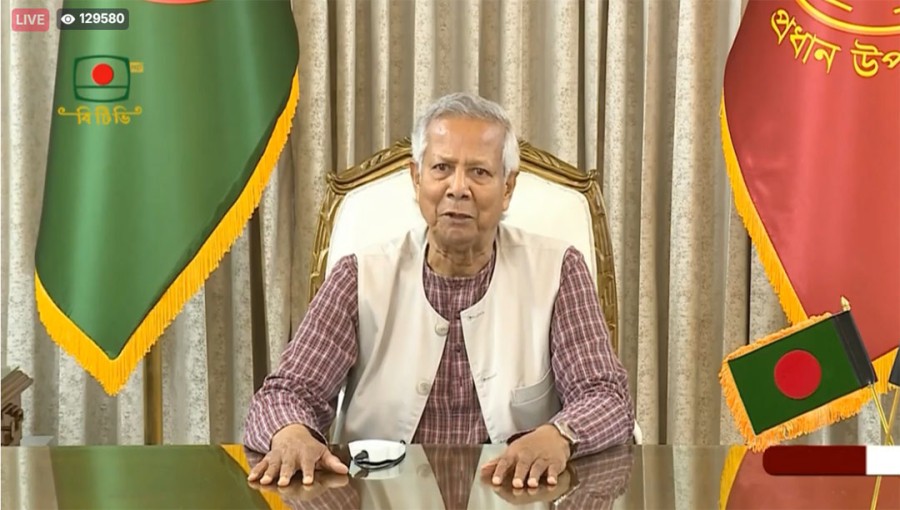
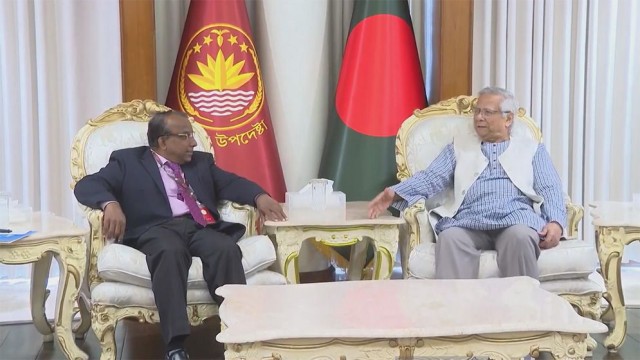
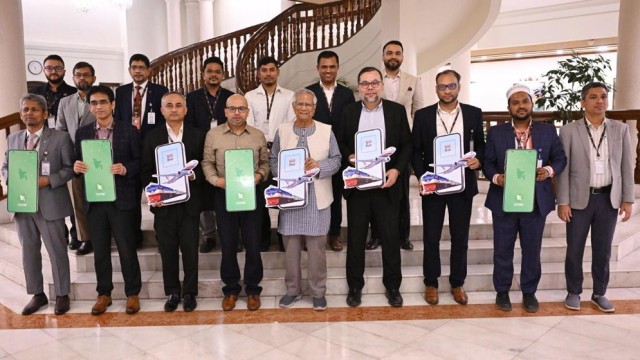
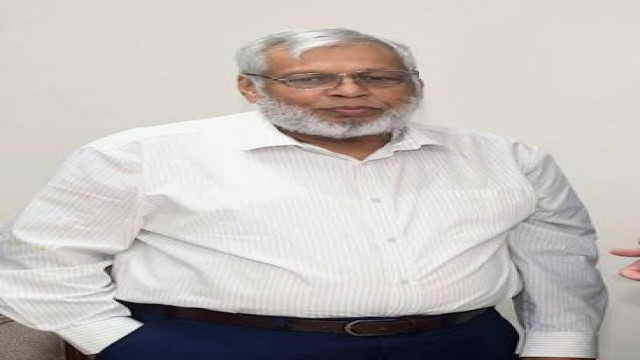
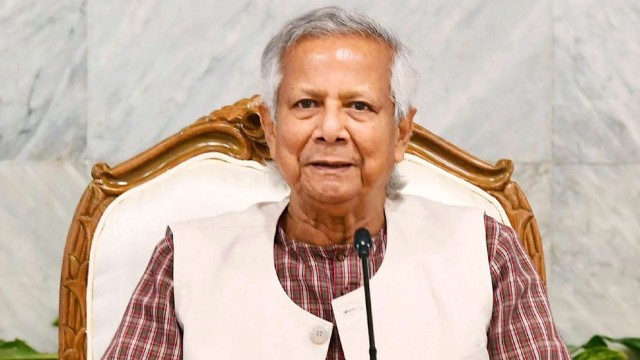
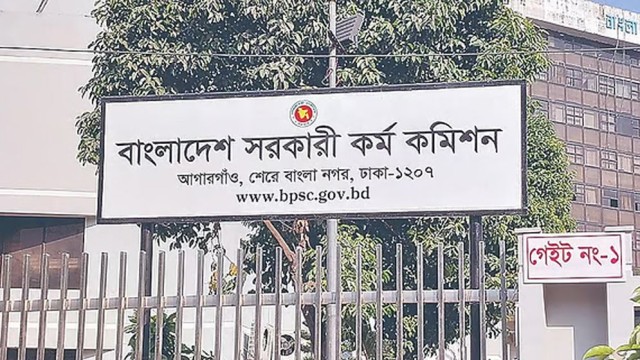
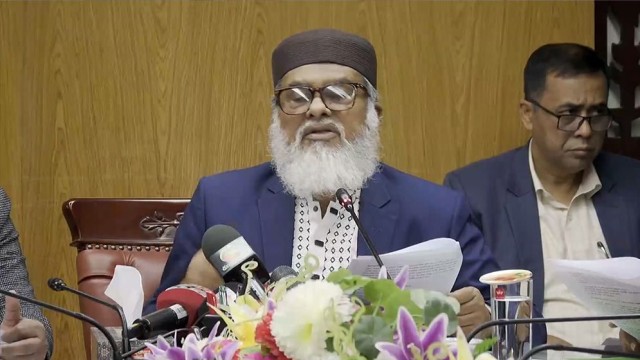
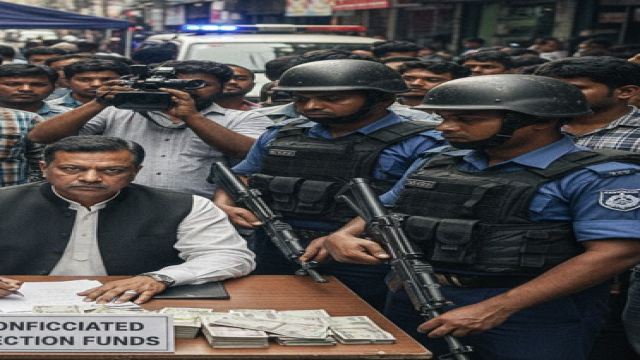



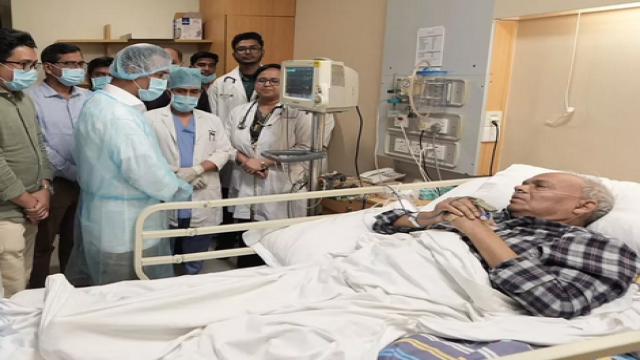
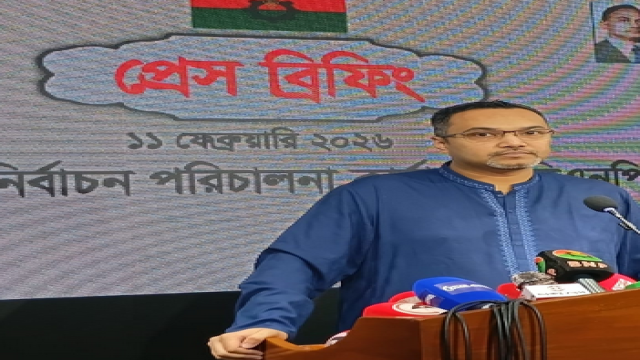
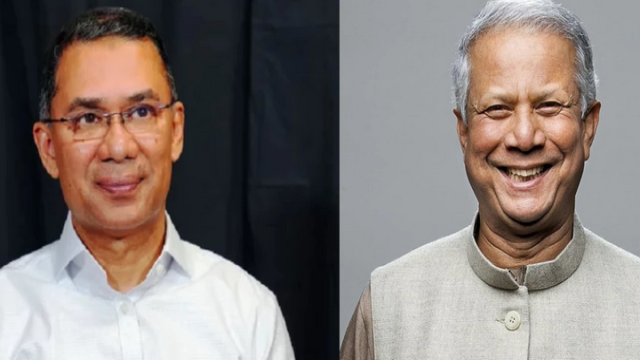
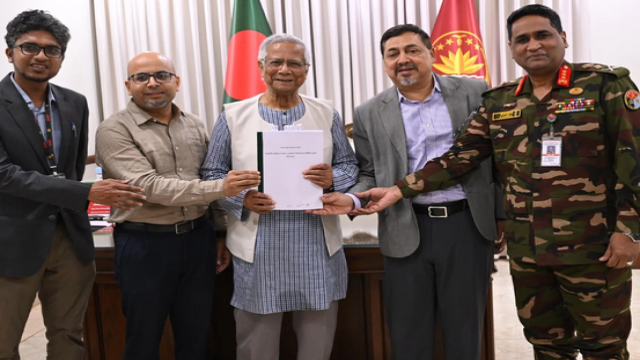
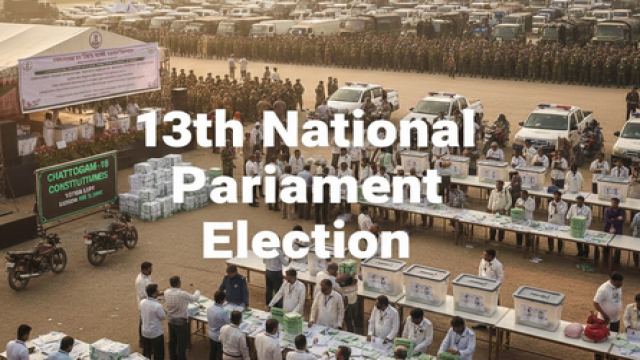
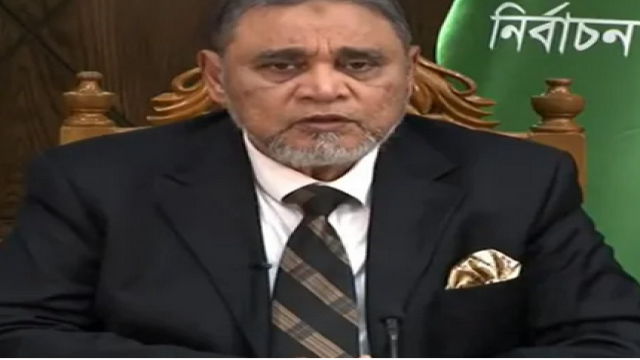











Comment: